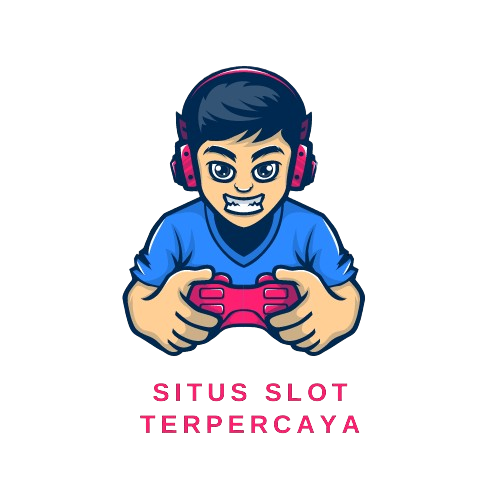Gaming, once a niche hobby for a select few, has evolved into a global cultural phenomenon. With advancements in technology and the internet, the gaming industry has grown exponentially, influencing various aspects of society, from entertainment and social interaction to sbobet education and professional careers.
Historical Overview
The journey of gaming began in the early 1970s with simple, pixelated games like “Pong” and “Space Invaders.” These games laid the foundation for what would become a billion-dollar industry. The 1980s and 1990s saw the rise of iconic consoles like the Nintendo Entertainment System (NES) and Sega Genesis, introducing beloved franchises such as “Super Mario,” “The Legend of Zelda,” and “Sonic the Hedgehog.”
The turn of the millennium brought significant technological advancements, including improved graphics, more sophisticated gameplay, and the introduction of online multiplayer modes. Titles like “Halo,” “World of Warcraft,” and “Call of Duty” defined this era, transforming gaming into a more immersive and socially connected experience.
Technological Advancements
One of the most remarkable aspects of gaming is its continual evolution alongside technological progress. Modern gaming consoles like the PlayStation 5 and Xbox Series X boast powerful hardware capable of rendering lifelike graphics and complex game worlds. Virtual reality (VR) and augmented reality (AR) have further expanded the boundaries of gaming, offering immersive experiences that were once the stuff of science fiction.
The rise of mobile gaming has also democratized access to games. Smartphones and tablets have made gaming more accessible than ever, with titles like “Candy Crush Saga” and “Pokémon GO” reaching a broader audience. This shift has also spurred the development of casual gaming, appealing to demographics that might not consider themselves traditional gamers.
Social and Cultural Impact
Gaming has transcended being a mere pastime to become a significant cultural force. Esports, or competitive gaming, has gained mainstream recognition, with professional players competing in tournaments for substantial prize money. Games like “League of Legends,” “Dota 2,” and “Fortnite” attract millions of viewers, with events broadcast on platforms like Twitch and YouTube Gaming.
Moreover, gaming has fostered vibrant online communities. Multiplayer games and social platforms within games allow players to connect, collaborate, and form friendships across the globe. This aspect of gaming has been particularly important during the COVID-19 pandemic, providing a virtual space for social interaction in a time of physical distancing.
Educational and Professional Opportunities
Beyond entertainment, gaming has found applications in education and professional training. Educational games and gamified learning platforms make learning engaging and interactive. Games like “Minecraft” are used in classrooms to teach subjects ranging from history to computer programming.
The industry itself offers a myriad of career opportunities. Game design, programming, and art are just a few of the fields within gaming that attract talented individuals. The popularity of game streaming has also created new professions, with successful streamers earning livelihoods by broadcasting their gameplay and interacting with audiences.
Challenges and Criticisms
Despite its many positives, gaming is not without challenges and criticisms. Concerns about video game addiction, particularly among young people, have been widely debated. The World Health Organization has recognized gaming disorder as a mental health condition, emphasizing the need for balance and responsible gaming habits.
There are also issues related to inclusivity and representation. While the industry has made strides in recent years, there is ongoing discussion about the portrayal of gender, race, and sexuality in games. Efforts to create more diverse and inclusive gaming environments continue to be crucial.
The Future of Gaming
The future of gaming promises even more exciting developments. Advances in artificial intelligence (AI) could lead to more responsive and intelligent game worlds. Cloud gaming services, such as Google Stadia and Xbox Cloud Gaming, are making high-quality gaming accessible without the need for expensive hardware.
Furthermore, as technology continues to evolve, the line between gaming and other forms of entertainment is likely to blur. Interactive storytelling and immersive experiences could redefine how we consume media, making gaming an integral part of our cultural fabric.
Conclusion
Gaming has come a long way from its humble beginnings. It has grown into a diverse and dynamic industry that touches various facets of modern life. As technology advances and societal attitudes towards gaming continue to evolve, its impact on entertainment, social interaction, education, and professional opportunities is likely to expand, cementing its place as a cornerstone of contemporary culture.
